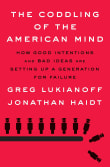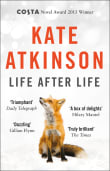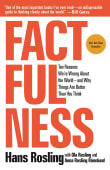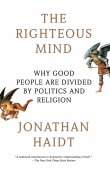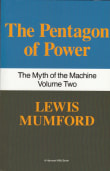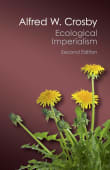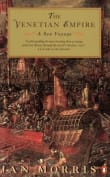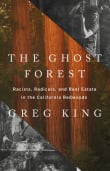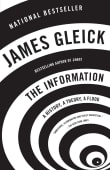Amusing Ourselves to Death
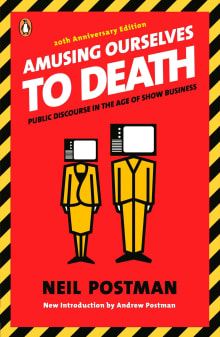
Book description
What happens when media and politics become forms of entertainment? As our world begins to look more and more like Orwell's 1984, Neil's Postman's essential guide to the modern media is more relevant than ever.
"It's unlikely that Trump has ever read Amusing Ourselves to Death, but his ascent would…
Why read it?
5 authors picked Amusing Ourselves to Death as one of their favorite books. Why do they recommend it?

This book also operates as both a primary source as well as a scholarly work, essentially updating Boorstin. Postman’s classic book wrestles with the paradox presented by George Orwell and Aldous Huxley: Huxley, rather than Orwell, anticipated the future, as one does not need to outlaw certain books if one does not care to read—as one revels in the pleasures of “pseudo-events.”
Read in light—or glare—of the more recent smartphone revolution, Postman’s book becomes even more relevant to contemporary discussions about information, knowledge, and overload.
From Daniel's list on the history of information-knowledge.

Published in 1985 partly to explain how a mediocre but persuasive Hollywood actor could become president of the United States, this influential book posits that television, by its very nature, debases civic discourse by replacing education with simplistic, misleading, and often violent entertainment.
It is the theoretical analog of Ray Bradbury’s Fahrenheit 451 and proposes that Aldous Huxley’s Brave New World was a more accurate predictor of today than George Orwell’s Nineteen Eighty-Four because pleasure is a more effective means of mass control than force.
Like Mumford, Postman was critical of many of the uses of technology that were eagerly…
From Gray's list on the hidden costs of city-building.

This is one of the most brilliant and important books I have ever read!
Way ahead of his time, Postman described the increasing and detrimental role of entertainment in every aspect of American life. His predictions have been realized beyond his wildest nightmares.
Although not a book about advertising, it helped me understand that advertising has been a key player in the trivialization of American culture and the corruption of the way we think. I had the privilege of knowing Neil, which certainly added to my appreciation of his genius.
From Jean's list on books critiquing advertising and the popular culture.

It might’ve come out originally in 1985, but this book has stood the test of time.
Amusing Ourselves to Death provides deep important context on the history of entertainment, news, and media, showing that trends in entertainment have changed how we see the world. Inspired by a talk Postman gave on Orwell’s 1984, the book delivers a clear-eyed analysis of how the demand for constant entertainment is poisoning society, as well as a roadmap for creating healthier information ecosystems.
From Tobias' list on why everything feels terrible right now.

When Neil Postman wrote this book in 1985, few realized how brilliantly it would predict our present media-saturated times. Postman foresaw how the blurring of news and entertainment would eventually turn politics into theater; how the allure of quick and sensational news bites would diminish our ability to focus on serious, sustained issues; how glitzy if appealing entertainments would shrink our attention spans; and, most dangerous of all, how the immersion in “amusements,” a seemingly benign and enjoyable process, would have dire consequences for human happiness, well-being, education, journalism, and politics. We highly recommend this book because navigating the road…
From Carol's list on navigating the road to the good life.
Want books like Amusing Ourselves to Death?
Our community of 12,000+ authors has personally recommended 100 books like Amusing Ourselves to Death.

